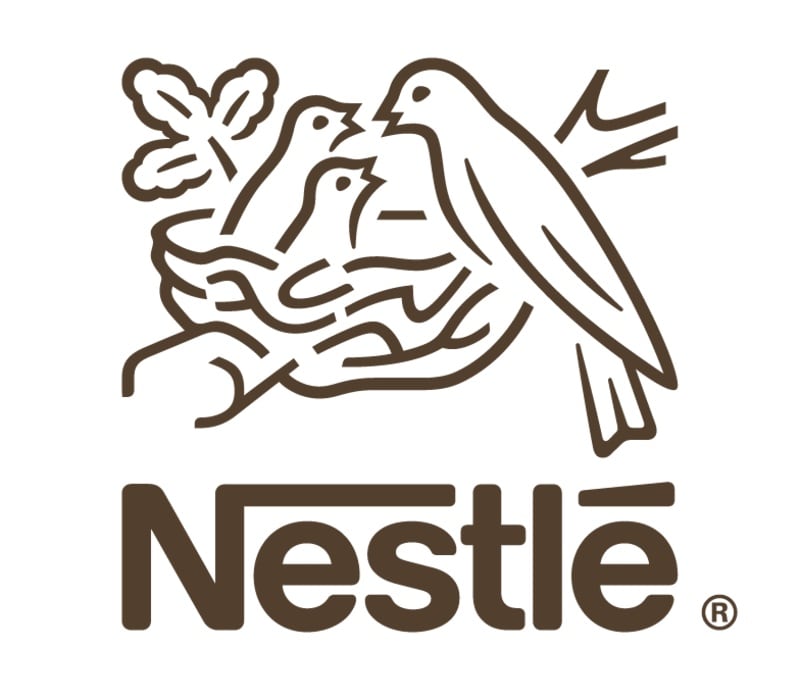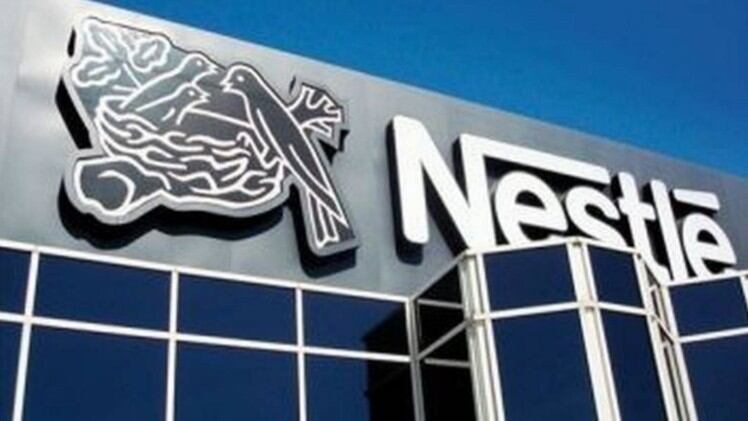The firm believes that, for now, it is consumer health concerns that will drive the category in the country, but noted that sustainability and ethical considerations were gaining traction.
When we last spoke to Nestle Malaysia CEO Juan Aranols about the firm’s plant-based plans earlier this year, the facility had just been completed. Based within Nestle Malaysia’s Shah Alam complex, which itself measures 82,000 square metres, the Plant-Based Meal Solutions (PBMS) facility was officially launched last week on April 7.
“In addition to officially opening our site, we [have also unveiled the] Harvest Gourmet consumer product range which will soon be available in retail stores and on e-commerce platforms – [these will] complement the Out Of Home offerings we have already started to introduce [to] our HORECA partners,” Aranols said during the launch event.
“[These products] are made with simple and natural meat-free ingredients such as non-GMO soy, wheat, beetroot, carrot and coconut oil amongst many others, and do not contain any artificial preservatives.”
Speaking to FoodNavigator-Asia after the launch, Aranols added that affordability will be a very crucial part of product strategy for this range, revealing that burger patties for example have a recommended retail price of RM17.30 (US$4.19) per packet of three, putting each burger patty around the RM5.77 (US$1.40) range.
All the other products have an RRP of RM15.60 (US$3.78) per pack.
“I think the price is pretty comparable for the quality/content – the price point is important to use as only with the provision of good value to consumers will be it be possible for us to grow this category fast,” he told us.
“There are other plant-based products out there too which are mostly imported and rather expensive, [but] we need to make prices affordable so these can be available to all Malaysian families – this is the key to driving growth.”
Another key factor here will be versatility coupled with localization – according to Nestle Malaysia Business Executive Officer Foods Business Unit Geetha K. Balakrishna, the aim is to ‘localise as much as possible’ with these products.
“We are working hard to localise in terms of recipes – e.g. making chargrilled pieces into satay, and minced meat into meatballs to be cooked as rendang.
“It’s really all about localization, as this is very important to show consumers how these can be used in everyday local dishes, and how these products are versatile enough to do so.”
Just five plant-based RTC products have been launched under the Harvest Gourmet brand for now: Stir Fry Mince, Ground Mince, Chargrilled Pieces, Sensational Burger, and Schnitzel, but the firm has a ‘long list of projects’ in the works when it comes to making plant-based combinations with local or other Asian recipes, according to Aranols.
“These really combine well no matter how you cook and use them from air-frying to curries and more - and upcoming products will help to widen this even further, e.g. we will also have meatballs in the future that could go well in soups, for those who desire this option,” he said.
“We will also make a lot of recipes available online on the Harvest Gourmet website so consumers will know how to make use of these products in as many ways as possible.”
Harvest Gourmet products will be available first via e-commerce platforms such as Shopee and Lazada in April, followed by retail outlets nationwide.
Responding to queries about physical store availability, Balakrishna also told us that: “We want to be accessible to consumers nationwide, but will start with central areas [in Malaysia first] before expanding distribution to other retail outlets across the country.”
The PBMS facility is equipped to produce some 8,000 tons of plant-based products a year, and cost RM150mn (US$36.3mn) out of Nestle Malaysia’s RM295mn (US$71.4mn) CAPEX investment in 2020 to establish.
Health bigger draw for now
Aranols also stated that he expects health benefits to be the bigger draw for plant-based products in Malaysia for now, though sustainability is also rising quickly.
“Today, people are still more focused on the health benefits of plant-based foods, but sustainability is also rising rapidly,” he said.
“The health benefits are pretty simple, really – it is well known that too much meat consumption means a problem with cholesterol and fats, and most consumers want an alternative experience that is healthier and also still tasty, which we want to offer with these products.
“Sustainability-wise, this is a matter of reality where plant-based protein is much more environmentally efficient as it takes just a miniscule fraction of water, land, energy and so on, and leads to about 80% less carbon dioxide emissions through the supply chain.”
The PBMS facility will supply first to Nestle Malaysia’s home base of Malaysia and Singapore, and will eventually also serve as the main production facility to export to other countries in the Asia Pacific region (apart from China, which will be serviced by its own Nestle China plant-based facility there).
“We will produce these products to be shipped to our counterparts in other Asian markets, and there I expect they will also apply localization strategies like we are doing, to bring local or traditional foods to life using these plant-based items, whether these be Thai, Indonesia, Filipino and so on,” Aranols said.





